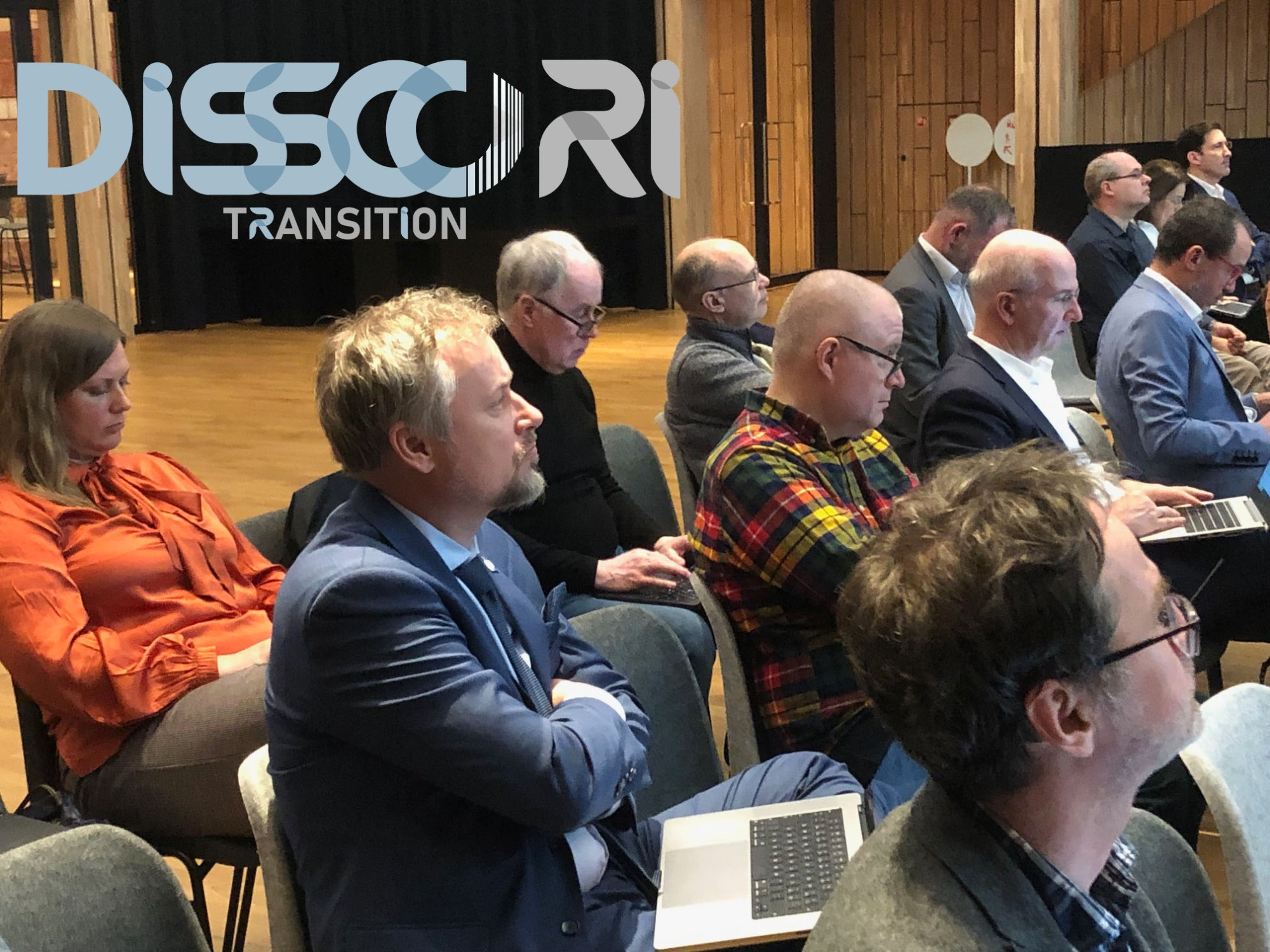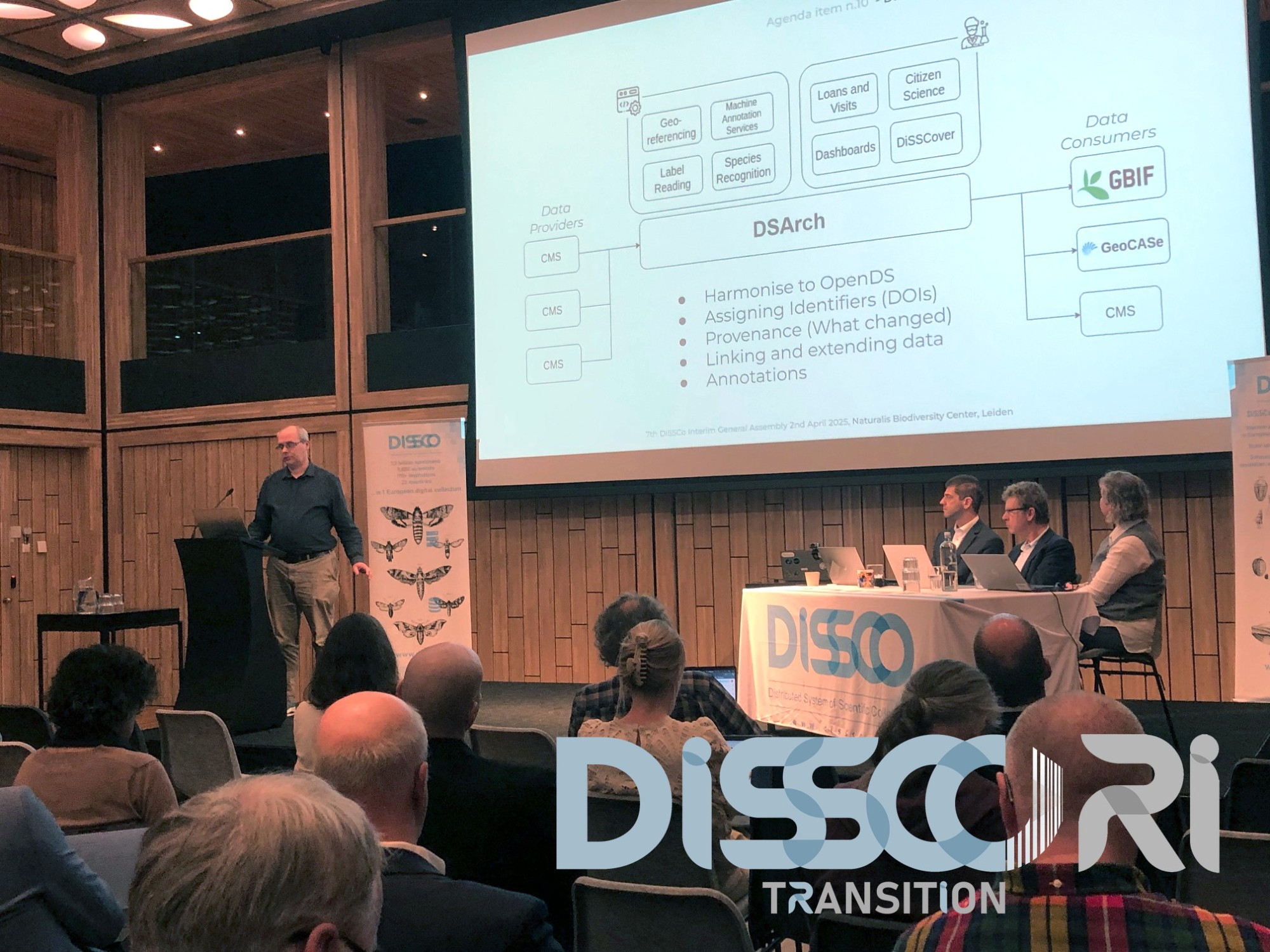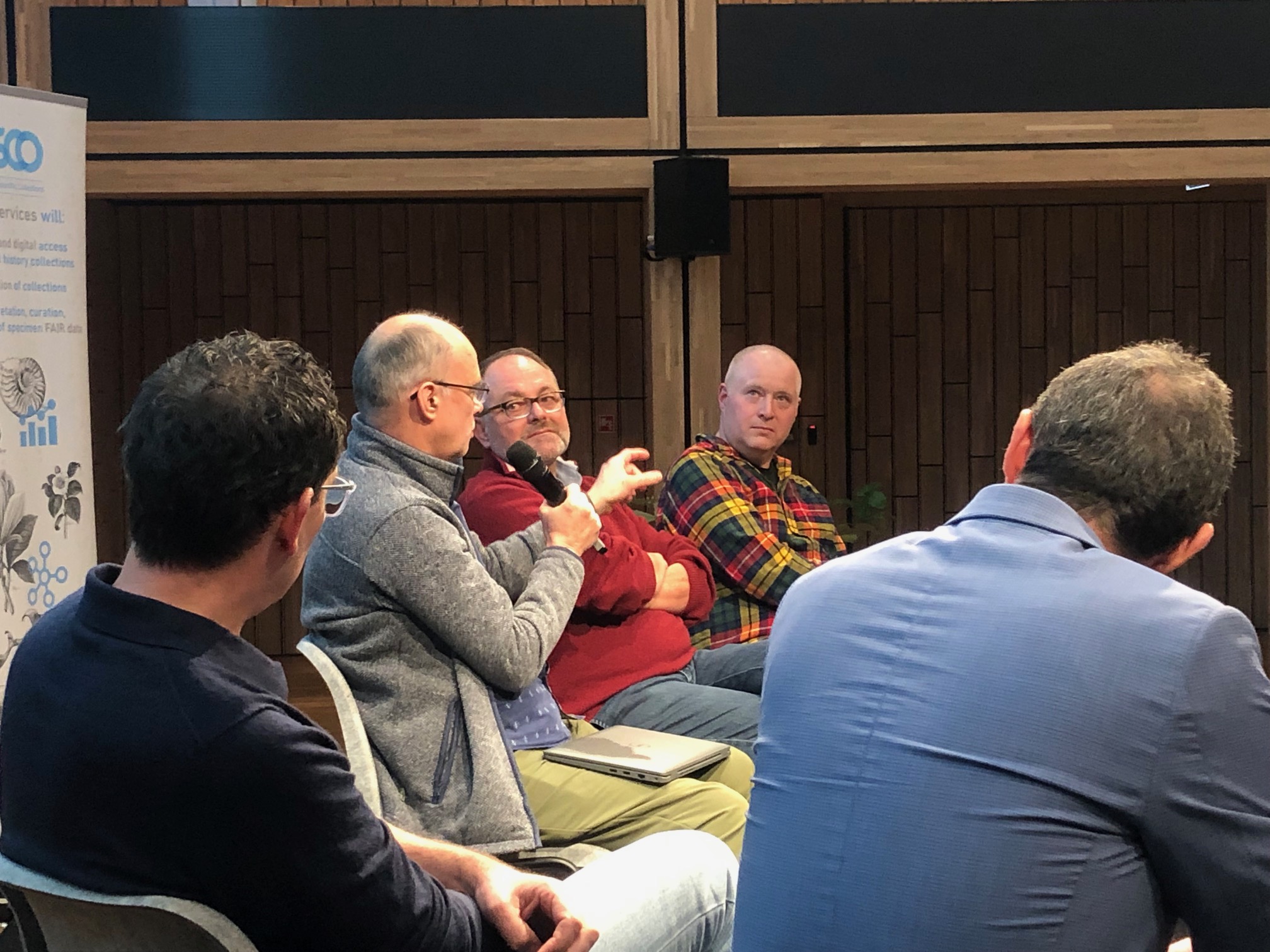In March 2025, DiSSCo received the news that the Dutch government—the future host country of the DiSSCoRI—submitted the request to the EC for setting up the legal entity for DiSSCo. That is the first step, and arguably the most crucial one, in DiSSCo’s journey towards the ERIC.
On this page, you will understand more about what an ERIC means and why DiSSCo has chosen it as the legal form for the future DiSSCoRI.
Getting into the Construction Phase of DiSSCo
After successfully completing the DiSSCo Transition project, DiSSCoRI is at the gates of its final construction phase. However, a construction phase for DiSSCo can never occur unless a legal entity for the future Research Infrastructure (RI) is in place and a number of member states are committed to funding it.
What is an ERIC? Why the ERIC?
The European Research Infrastructure Consortium (ERIC) is a legal form that enables the establishment and operation of a new RI on a non-economic basis. After being properly discussed and approved by a clear majority of partners in recent meetings of the DiSSCo interim general assembly, the ERIC is the legal form of choice for DiSSCo.
Choosing an ERIC as the legal form has a number of advantages: It is recognised in all EU countries; the set-up process is shorter than those of other international organisations; it provides exemptions from VAT and excise duty, etc. But there is one that is particularly suitable for a distributed Research Infrastructure as DiSSCo, namely that the members of an ERIC are, in most cases, sovereign states, be them Member States, associated countries, or third countries other than associated countries. Once the ERIC is in place, DiSSCo will not be governed and sustained by its partner institutions or the European Commission (EC), but by countries committed to DiSSCo’s endeavour.

National representatives, not institutions, are usually the members of an ERIC (Photo: Naturalis)
Now, the requirements for becoming an ERIC are many and challenging. The most important one is relatively easy to understand—the RI must provide added value to the relevant scientific and technological fields in which it operates. Other important ones include ensuring effective access to the European research community to the RI’s developments and improving the mobility of knowledge and/or researchers within the European Research Area (ERA). Requirements like these logically demand a lot of hard work that is usually articulated in two steps.
Step 1 of the ERIC
In March 2025, DiSSCo received the news that the Dutch government—the future host country of the DiSSCoRI—submitted the request to the EC for setting up the legal entity for DiSSCo. That is the first step, and arguably the most crucial one, in DiSSCo’s journey towards the ERIC.
The preparation for submitting Step 1 entailed two big efforts. Firstly, the development of a full corpus of documentation to support DiSSCo’s candidacy. The documentation included statutes for the future RI, financial provisions, data access and management regulations, technical and scientific reports and plans, procurement policies, and others. Our Governance team – supported by the DiSSCo National Nodes, interim General Assembly, Technical Advisory Board, Scientific Advisory Board, and the so-called Funders Forum – started work on this task during the Preparatory Phase of DiSSCo, and finalised it during the final months of the DiSSCo Transition Project (DTP).

Step 1 demands a great effort to set the policy and technical foundations of the DISSCoRI (Photo: Naturalis)
The second effort of Step 1 is about establishing a solid agreement with a sufficient number of potential funding member states of DiSSCo. At the time of submitting Step 1, eight countries are on board the DiSSCoRI, although more could join during Step 2 with the same rights and obligations as those who joined earlier. The Netherlands has taken on the role of hosting member country.
As of the end of March 2025, The EC has acknowledged the reception of the request made by the Dutch representation. It will now take a few months for the EC staff to assess all the documentation and get back to us with potential feedback. In that scenario, DiSSCo will resubmit the documentation for Step 2. Once the candidacy is approved, the DiSSCoRI will be added to the official journal of the EC, turning the approval into law and thus making the DiSSCo ERIC official.
